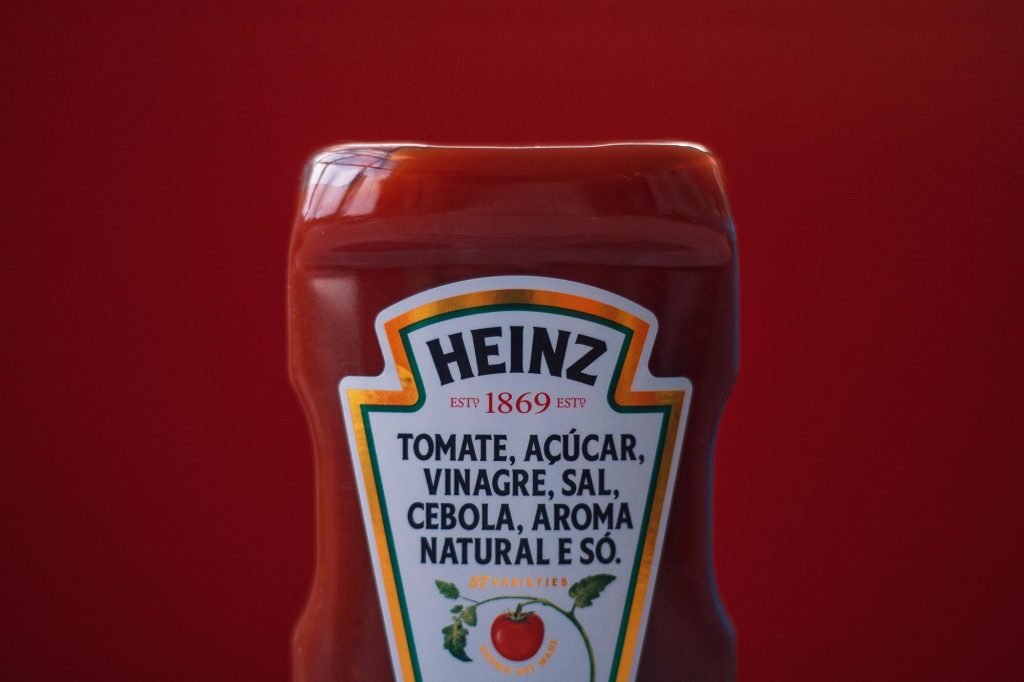Project team:
- Dan Petrovici (Bradford University School of Management)
- Jeryl Whitelock (Bradford University School of Management)
This project examined the effectiveness of comparative advertising effectiveness in two of the most important European economies, UK and France.
Direct Comparative Advertising takes a “sponsored brand” and compares it with a cited competitive brand. The effectiveness of this sort of advertising is influenced by how deeply the potential consumer processes the advertisement’s claim and whether there is a cultural tendency towards avoiding uncertainty.
Whether the advertisement is perceived as manipulative and how loyal the consumer is to a particular brand in the advertised category have a negative effect on attitudes to Direct Comparative Advertising. Attitudes to Indirect Comparative Advertising (where comparisons are made with best-in-class leading brands) are also positively influenced by the depth of processing of the advertisement’s claim and uncertainty avoidance.
The study found that the way claims are formatted in food advertising, the consumer’s familiarity with the advertising format and the audience’s motivation to process the advertisement’s claim are important determinants of how effective the advertisement is. The evaluation of comparative advertisements varies between countries. In particular, the cultural dimensions of uncertainty avoidance and assertiveness significantly influence attitudes to comparative advertising. This calls for tailoring messages to specific markets.

